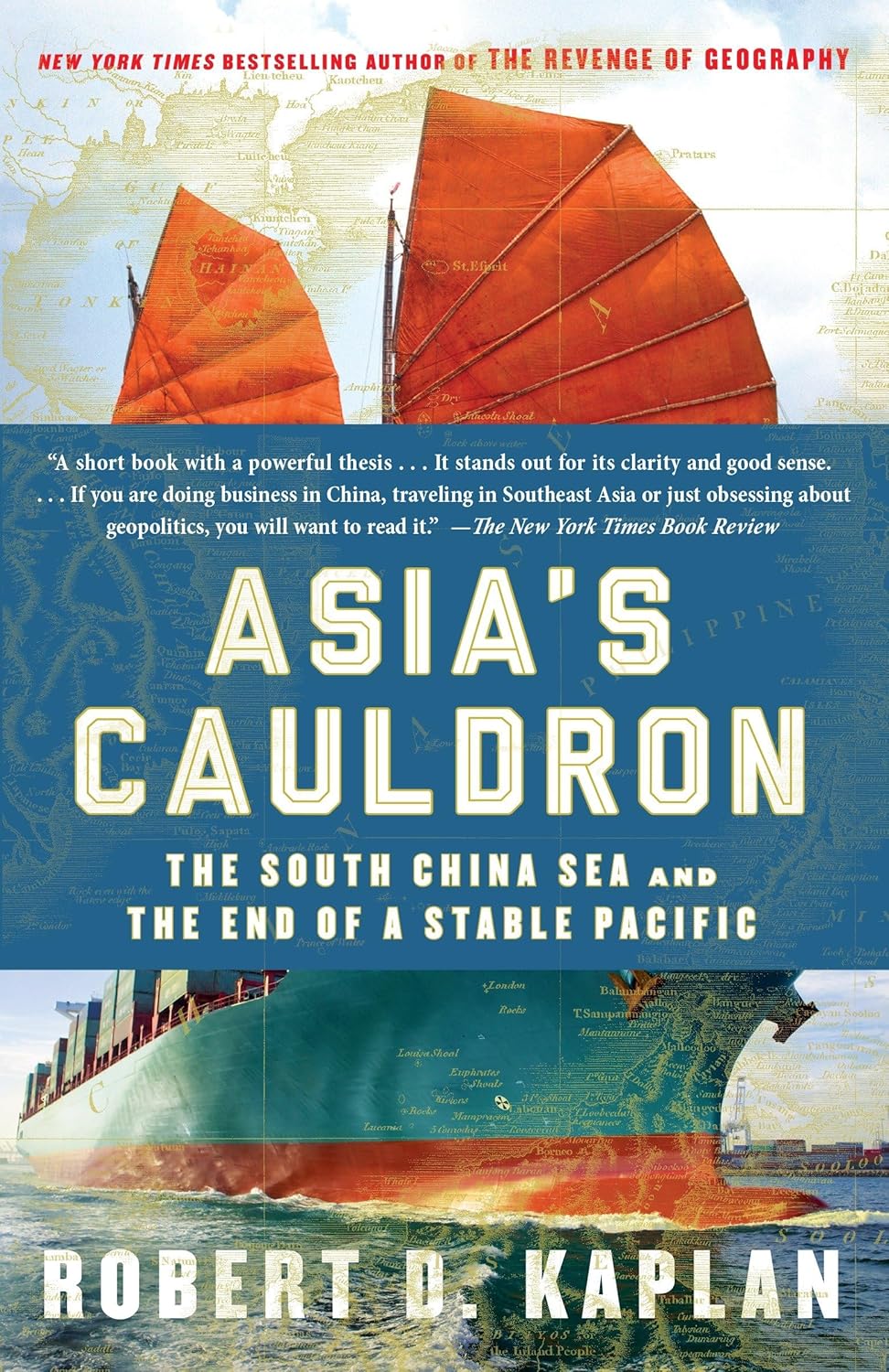

Robert D. Kaplan explores the geopolitical dynamics of the South China Sea, a region that has emerged as a nexus of international tension. The South China Sea and the End of a Stable Pacific," Robert D. Kaplan explores the geopolitical intricacies of the South China Sea, a region that has emerged as a nexus of international tension. Kaplan, a seasoned journalist and geopolitical analyst, provides a thorough examination of the historical, cultural, and strategic factors that render this region a potential flashpoint for global conflict. This review aims to elucidate the salient themes and insights articulated by Kaplan in his work, thereby offering a nuanced interpretation of the South China Sea's geopolitical implications.
Kaplan's book is structured around the intricate dynamics of the South China Sea, a region bordered by several nations with competing territorial claims. Kaplan's argument asserts that the South China Sea issue is not merely a matter of regional concern but has profound global implications, impacting international trade, security, and diplomatic relations. Kaplan's narrative is enriched by his extensive travels and interviews with key figures in the region, offering readers a firsthand perspective on the challenges and opportunities that lie ahead.
A pivotal theme in Kaplan's book is the geopolitical tensions that characterize the South China Sea. He underscores the strategic significance of this maritime region, which serves as a vital shipping route and a rich source of natural resources. The author delves into the competing claims of China, Vietnam, the Philippines, and other nations, underscoring the potential for these disputes to escalate into broader conflicts. His analysis is grounded in historical context, tracing the origins of these tensions back to colonial times and the Cold War era. A substantial portion of the analysis is dedicated to China's role in the South China Sea, depicted as both a rising power and a potential threat. He examines China's military buildup and its assertive territorial claims, arguing that these actions reflect a broader strategy to assert dominance in the region. Additionally, Kaplan explores the domestic factors that influence China's foreign policy, including nationalism and economic growth. This multifaceted analysis provides a balanced view of China's ambitions and constraints.
The text further delves into the ramifications of these tensions on the global stability. Kaplan's analysis asserts that the region's ongoing disputes have the potential to disrupt international trade and lead to military confrontations, potentially involving major powers such as the United States. He underscores the importance of diplomacy and multilateral cooperation in preventing conflict, offering insights into how regional and global actors can navigate these challenges.
Robert D. Kaplan's "Asia's Cauldron" is a seminal text for scholars and practitioners alike, offering invaluable insights into the intricacies of the South China Sea and its ramifications on global stability. His meticulous analysis and engaging storytelling offer valuable insights into a region that is increasingly at the center of international attention. In light of the ongoing tensions, Kaplan's work underscores the necessity of diplomacy and cooperation in preserving peace and stability in the Pacific region.
Szabolcs Veres is a researcher at the Eurasia Center